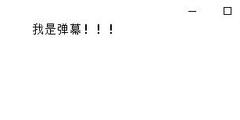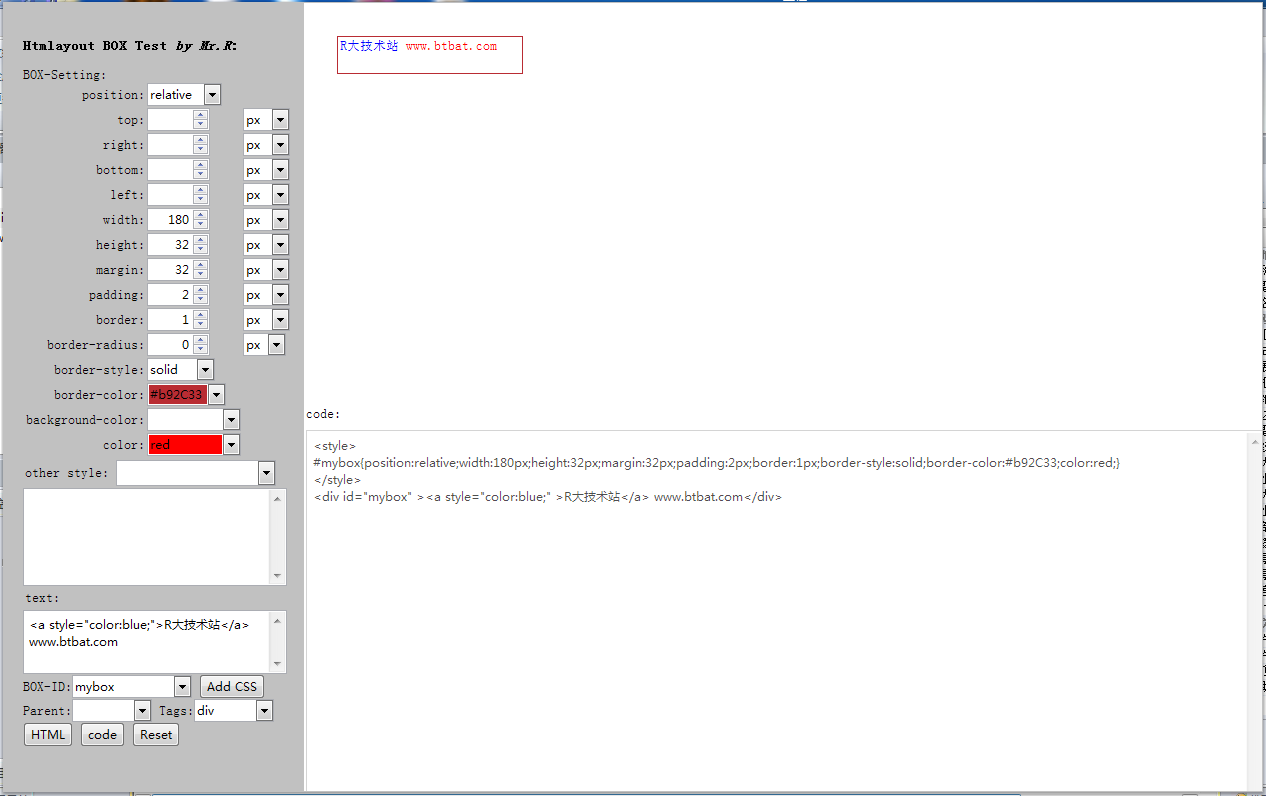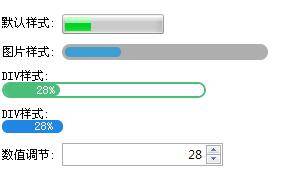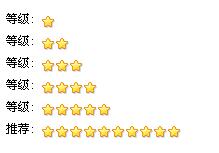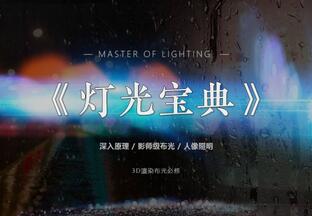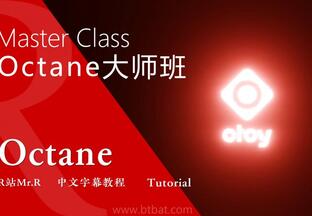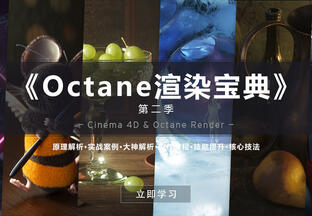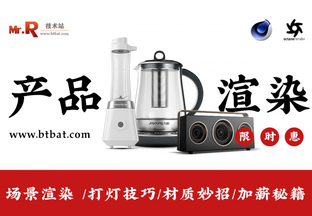
实例代码:
import win.ui;
import web.layout; //导入 layout
import web.layout.behavior.windowCommand;
import process;
mainForm = win.form(text="aardio 工程";right=359;bottom=669;border="none")
mainForm.add()
wbLayout = web.layout( mainForm )
if( _STUDIO_INVOKED ){ //开启 layout 调试
import web.layout.debug;
wbLayout.attachEventHandler( web.layout.debug );
}
html = /**
<!DOCTYPE html>
<html>
<head>
<title>R 大技术站</title>
<style type="text/css">
#btn{width:120px;height:32px;line-height:32px;text-align:center;margin-top:10px;margin-left:50%% - 60px;background:#009688;color:#fff;behavior:button;}
#btn:hover{background:#c1c1c1;}
</style>
</head>
<body>
<p><div id="btn">按钮 div</div></p>
</body>
</html>
**/
wbLayout.html = html;
wbLayout.onButtonClick = {
btn = function (ltTarget,ltOwner,reason,behaviorParams) {
mainForm.close()
}
}
mainForm.show()
return win.loopMessage();
实例说明:
这期,又是一个按钮,也是用的.onButtonClick 事件, (也可以用节点事件参照方法 3)
没有什么特别的,辣么会有什么区别呢?
这次我们是通过 div 来定义一个按钮,并指定 id 为 btn,
同时注意在 css 中,我们为#btn 绑定了 behavior:button 行为;
之前是用的 button 控件,自带特效,
现在我们通过把特效拿过来给 div,
效果也是一样一样的!!!
